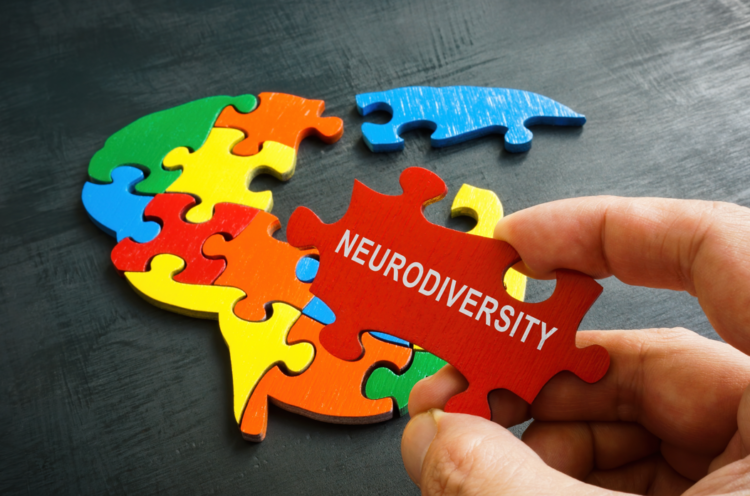Employers risk higher burnout, disengagement and absenteeism if they fail to support neurodivergent employees, according to Heka.
According to Heka’s 2026 Employee Wellbeing Report, there’s been a sixfold increase in adults seeking ADHD and autism diagnoses, highlighting the urgent need for inclusive workplace strategies. It warns that masking ADHD symptoms due to inflexible or generic benefits can harm both employees and employers.
The research shows that 31% of women with ADHD also experience premenstrual dysphoric disorder which impacts wellbeing and work performance.
Heka therefore recommends mental health support, nutritional guidance and flexible programmes tailored to individual needs. It also suggests flexible working patterns, such as adjusted work schedules and breaks as well as remote working to help employees manage focus and reduce burnout.
Additionally, the Heka report highlights that exercise provision should extend beyond standard gym memberships to include options such as yoga, personal training and online sessions.
It also encourages employers to facilitate access to diagnostic pathways through partnerships with providers like Melios, allowing employees to explore potential ADHD symptoms before pursuing formal assessment.
The report identifies financial wellbeing as a significant concern, with the so-called “ADHD tax” estimated at £1,600 per year due to late payments, impulsive spending and organisational issues.
Meanwhile around 21 per cent of employees say that money worries impact their job performance. Heka therefore also recommends flexible pay, financial education and tailored.
Heka CEO Alex Hind says: “The impact of having an ADHD brain in the workplace is often overlooked. Employers who fail to implement the support systems their neurodivergent employees need to thrive in the workplace risk losing talent, their engagement, productivity plummeting, and causing harm to colleagues with ADHD. It’s crucial that ADHD awareness continues to rise, so neurodivergent colleagues can thrive.”












